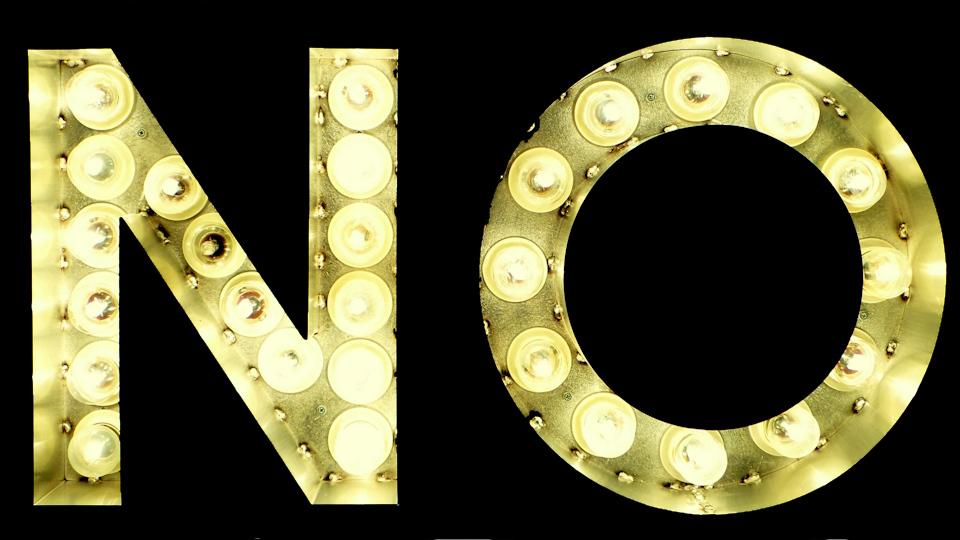NICE blocks Enhertu use after pricing talks break down

NICE and drugmakers AstraZeneca and Daiichi Sankyo have all expressed their disappointment at being unable to agree on a price for Enhertu that would allow it to be used on the NHS for people with advanced HER2-low breast cancer.
The health technology assessment (HTA) organisation said that AZ and Daiichi Sankyo had been "unwilling to offer fair price" for Enhertu (trastuzumab deruxtecan) that would allow it to recommend the antibody-drug conjugate (ADC) for this use.
The two drugmakers, meanwhile, said they disagree with the decision – published in final guidance today – claiming that NICE had misclassified HER2-low metastatic breast cancer as a medium-severity disease. NICE updated the methods and processes it uses to evaluate medicines in 2022 to allow greater weight to be given to medicines that address severe diseases.
"This stands in the way of patient access in England, Wales, and Northern Ireland," said AZ and Daiichi Sankyo, which also pointed out that the decision creates unequal access within the UK, as Scotland – along with 18 other European countries – has cleared the drug for routine use.
NICE begs to differ, saying that the "fastest and only guaranteed way to get medicines like Enhertu to the patients who need them is for companies to offer a fair price," and maintains that it and NHS England had offered "as much flexibility as possible" during the appraisal process.
The agency said it was the first breast cancer treatment it has been unable to recommend for six years and breaks a line of 21 positive breast cancer recommendations, including Pfizer's Talzenna (talazoparib), which was approved in February for HER2-negative breast cancer "using the same process as the evaluation of Enhertu for advanced HER2-low breast cancer."
It is estimated that around 1,000 people would have been eligible for treatment with Enhertu if NICE had been able to recommend it.
"We are calling on NICE to evolve the way treatments are assessed for patients in England to create a system that appropriately recognises the severity of metastatic cancers and enables equitable access for patients in line with other countries," said the two drug companies.
"We remain committed to working with NICE to find a way forward for these patients – one that appropriately recognises the severity of this disease and the value of the medicines that target it."
The new severity criteria have been applied to 22 appraisals since the change, resulting in 17 positive recommendations, including 15 cancer treatments, according to NICE. Overall, 79% of the appraisals for cancer medicines carried out under the updated methods have been recommended - around the same proportion as before they came into use.
Enhertu is one of AZ's key pipeline prospects, with a peak sales estimate of $5 billion as the group chases an annual revenue target of $80 billion by 2030. In its second-quarter results update, the company revealed that the drug brought in $1.7 billion in the first half of the year worldwide.
Patient organisation Breast Cancer NOW said, when draft guidance emerged earlier this year, that the failure to agree on a price would deny patients the chance of "more time to live and more time before their disease progresses, compared to chemotherapy."
Enhertu was approved for this indication on the strength of the DESTINY-Breast 04 trial, which found that the drug offered an additional 4.8 months of progression-free survival (PFS) than chemotherapy (9.9 versus 5.1 months) and an additional 6.4 months of overall survival (23.9 versus 17.5 months).
Photo by Morgan Bryan on Unsplash












